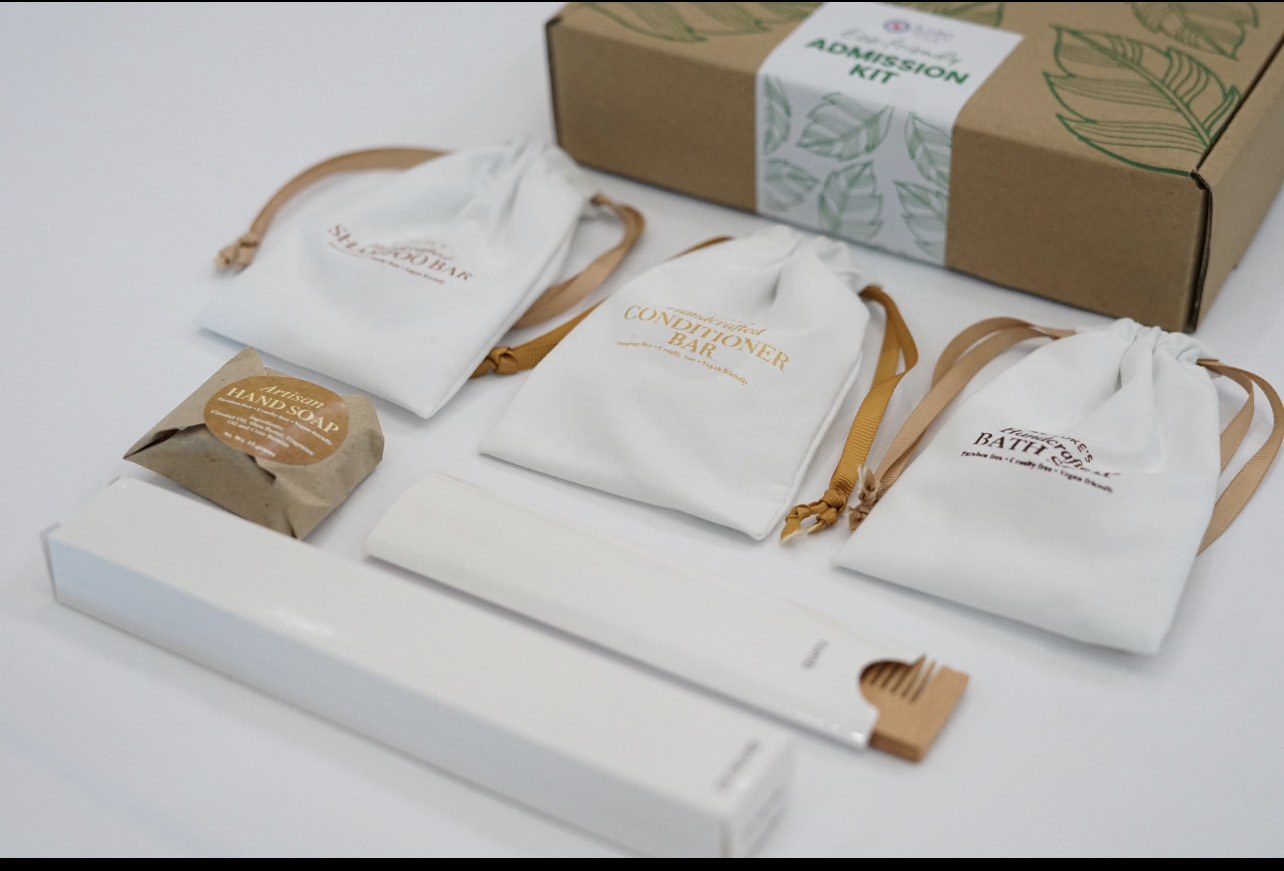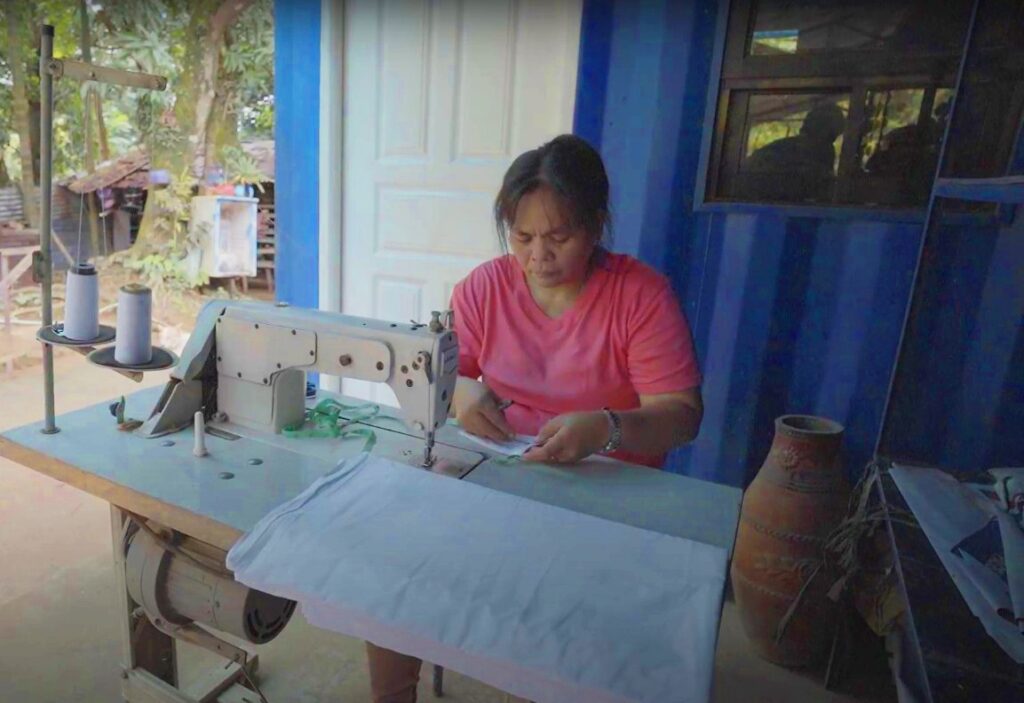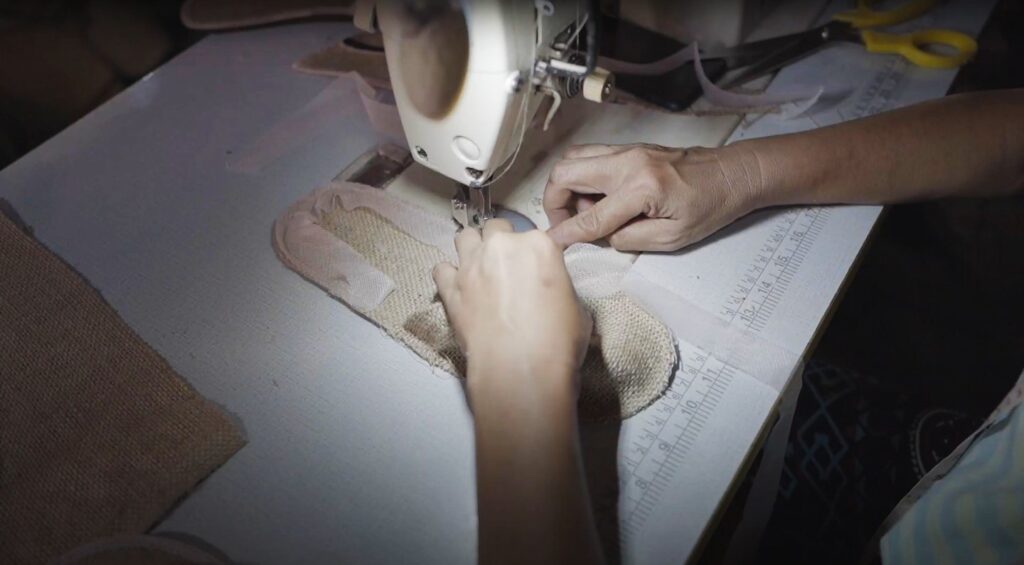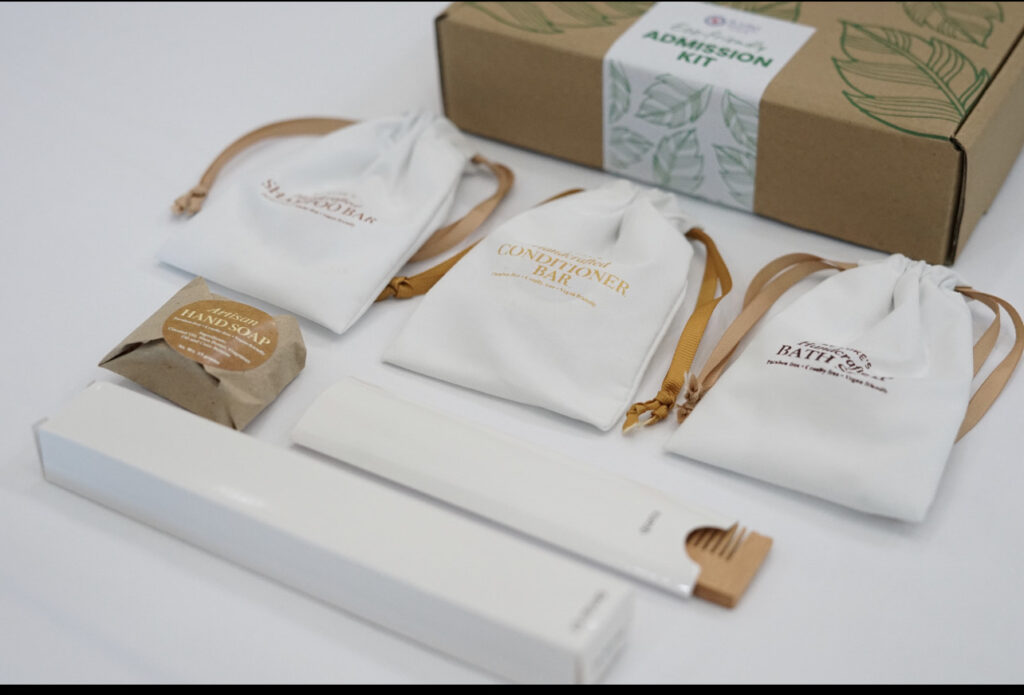Under its Culture of Care initiatives, the country’s premier healthcare and wellness provider is empowering several rural communities by providing them with job opportunities that allow them to produce products that promote patient comfort while reducing the harmful effects on the environment.
As part of its 119th anniversary celebration, as well as its endeavor to take a holistic approach in green healthcare, St. Luke’s Medical Center (SLMC) recently introduced sustainability efforts centered on helping address the country’s plastic waste pollution. As part of its Culture of Care CSR program, SLMC also seeks to empower partner communities with livelihood opportunities.
The institution has launched a distinctive line of environment-friendly room amenities specially made by partner communities from Zamboanga, Aklan, Bicol, La Union, Benguet, Kalinga Apayao, Sagada, Cavite, Rizal, Batangas and Payatas. They include eco-friendly products are handcrafted bath soaps, shampoo and conditioner bars, soap dishes, handwoven blankets, burlap slippers, coco sugar and drenched coffee, that ensure patients’ comfort, while reducing the adverse environmental impact and waste generated during their stay. Most importantly, they empower partner communities by providing them with livelihood programs that can improve their quality of life.
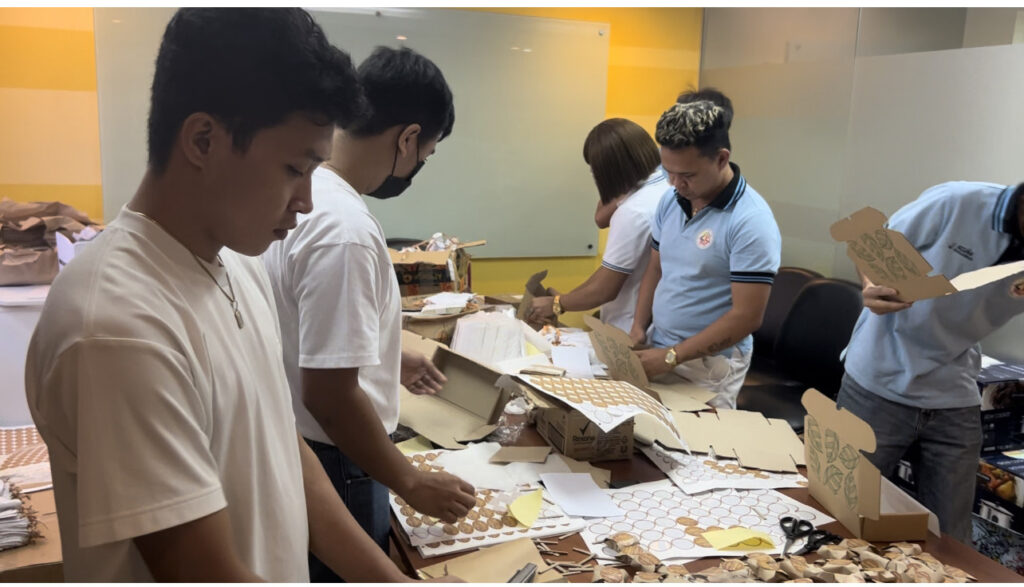
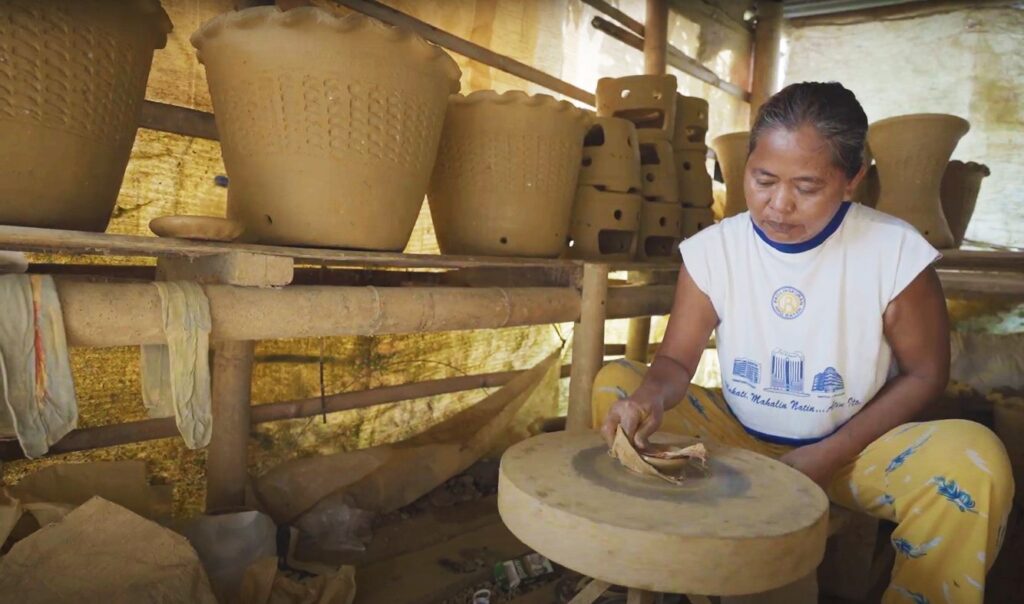
“As an unparalleled healthcare leader in the country, St. Luke’s pursues initiatives that allow us to embrace holistic green healthcare programs. As we now celebrate 119 years of excellent patient care, we think it is the best time to implement another step in enriching our services by introducing sustainability in our institution,” Dr. Arturo S. De La Peña, president and CEO of SLMC, said.
St. Luke’s has also partnered with Benguet farmers to give them an avenue to sell their products, and with Aetas in Tarlac to provide them with poultry-related resources—livelihood opportunities that cultivate the communities’ strengths, uplift their dignity and give them a sustainable source of income.
The farmers of Benguet would serve St. Luke’s partners in providing healthy food options for its patients as they become the hospital’s direct source of fresh produce. Furthermore, they have also been given space in the hospital’s cafeteria to sell their products.
Meanwhile, St. Luke’s also extended its assistance to the Aeta community by providing them with solar powered street lights, deep well water source and a communal area which will serve as their mini class room. St. Luke’s is also now working on the requirements to provide the community with a poultry farm. With this resource, they will be able to produce an average of 30 trays of eggs daily, which will be procured by St. Luke’s and used for its daily food production.
“It is crucial for all societal stakeholders to work together in promoting sustainability to reduce the harmful impact on the environment, but most importantly, to help promote social enterprises and provide livelihood opportunities to communities in need,” De La Peña added.
“Our sustainability initiatives contribute to the betterment not just of the country’s healthcare system, but also to the making of a greater society. We thank our patients, our partner communities and our medical professionals within our hospitals for helping make these initiatives happen,” De La Peña concluded.

